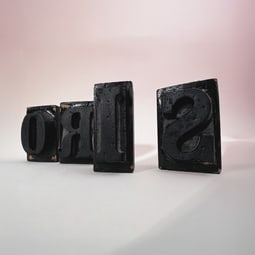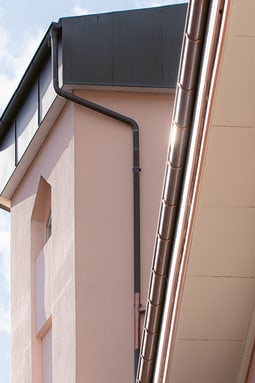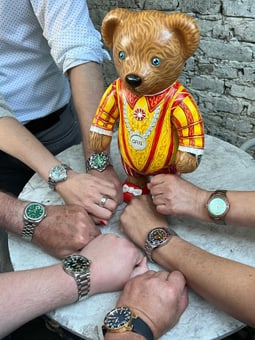The history of Oris
-v1.jpg)
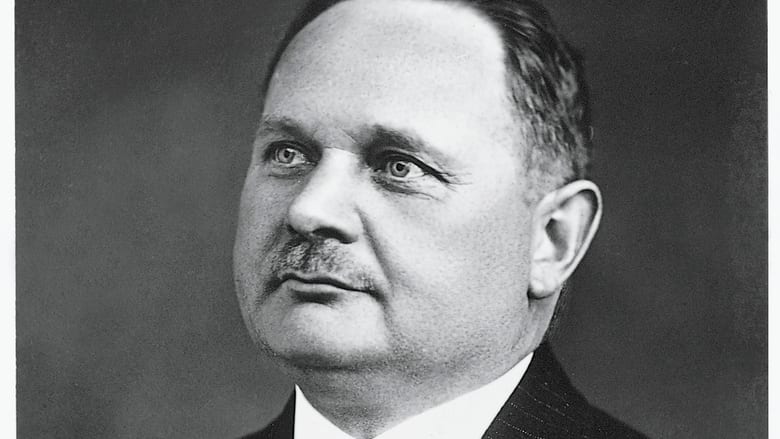
GENESIS
1904
Oris is founded by Paul Cattin and Georges Christian in the Swiss town of Hölstein. They buy the recently closed Lohner & Co watch factory, and on June 1, 1904 the two men enter into a contract with the local mayor. They name their new watch company Oris, after a nearby brook.
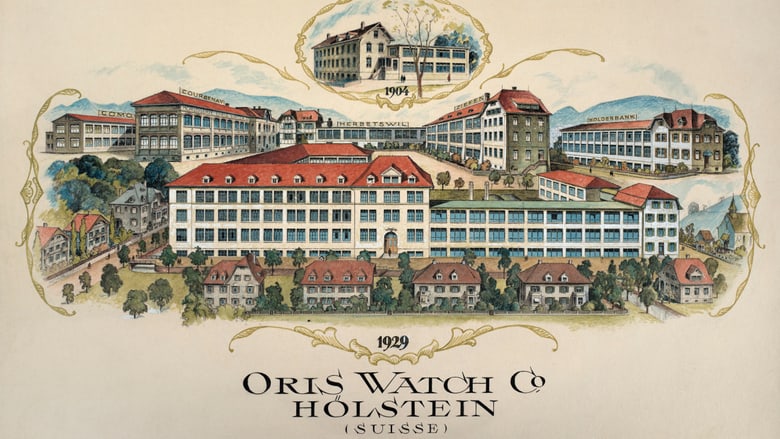
A PERIOD OF EXPANSION
1911
By 1911, Oris was Hölstein’s largest employer with 300+ workers. To attract more watchmakers, it built staff housing. Oris’s success led to expansion, with factories in Hölstein (1904), Holderbank (1906), Como (1908), Courgenay (1916), Herbetswil (1925) and Ziefen (1925).
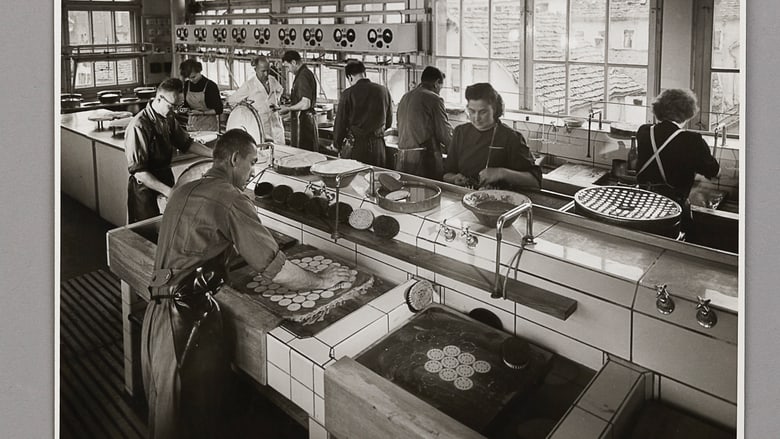
THE END OF AN ERA
1927
Company co-founder Georges Christian dies and Jacques-David LeCoultre becomes President of the Board of Directors. Jacques-David LeCoultre was Antoine LeCoultre’s grandson and the man who merged with Edmond Jaeger to form Jaeger-LeCoultre in 1937.
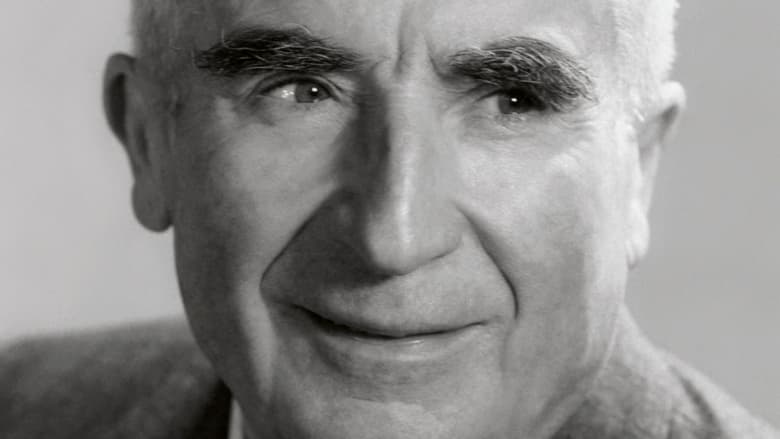
THE NEXT GENERATION
1928
Following the death of Georges Christian a year earlier, Oscar Herzog, Christian's brother-in-law, takes over as General Manager, a position he will hold for 43 years. From 1928 to 1971 Herzog steers Oris through the many watchmaking highs and lows of the 20th century.
THE SWISS WATCH STATUTE
1934
Oscar Herzog’s ambitions to improve the quality of his company’s products run into trouble when, on March 12, 1934, the Swiss government introduces the so-called ‘Watch Statute’, a peculiar law designed to protect and regulate the industry that prevents watch companies from introducing new technologies without permission. Until that point, Oris had been using pin-lever escapement (Roskopf escapement) movements, which were claimed to be less accurate than the lever escapements used by some of Oris’s competitors, who had adopted such technology before the law was passed.
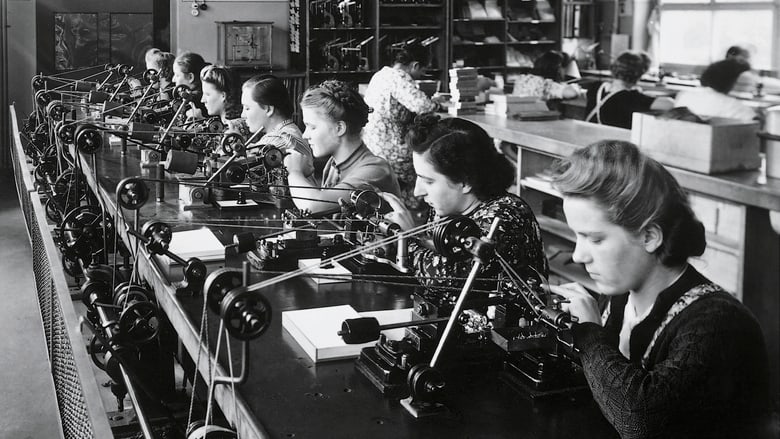
THE FIRST ORIS ESCAPEMENTS
1938
As an integrated manufacturer Oris produces its own watch escapements. The company employs many highly skilled watchmakers, becoming one of the first employers to offer equal opportunities to both men and women.
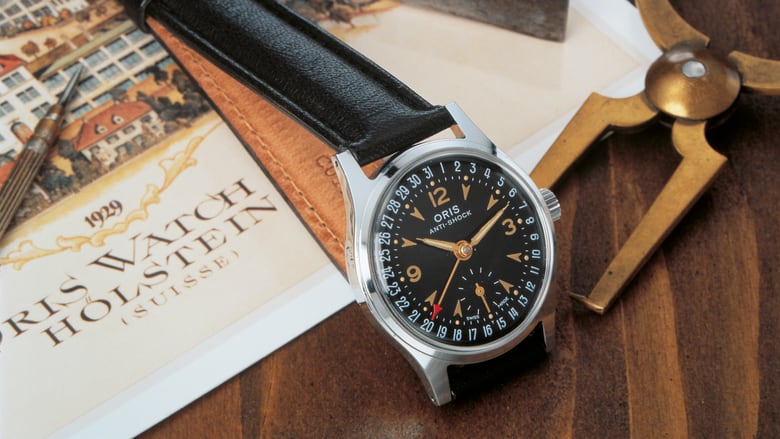
THE BIRTH OF THE BIG CROWN
1938
Oris introduces its first watch for pilots, which has a distinguishing big crown and a Pointer Calendar function. The collection takes its name from the watch’s oversized crown, employed as an aid to pilots who adjust their watches while wearing leather gloves.
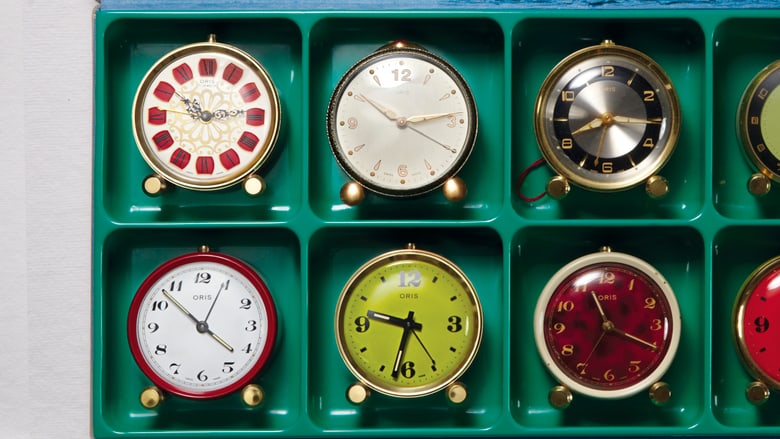
ALARM CLOCKS
1940
During the Second World War, Oris’s distribution network beyond Switzerland is reduced significantly. To keep business alive, the company starts manufacturing alarm clocks. The famous eight-day power reserve model is launched in 1949.
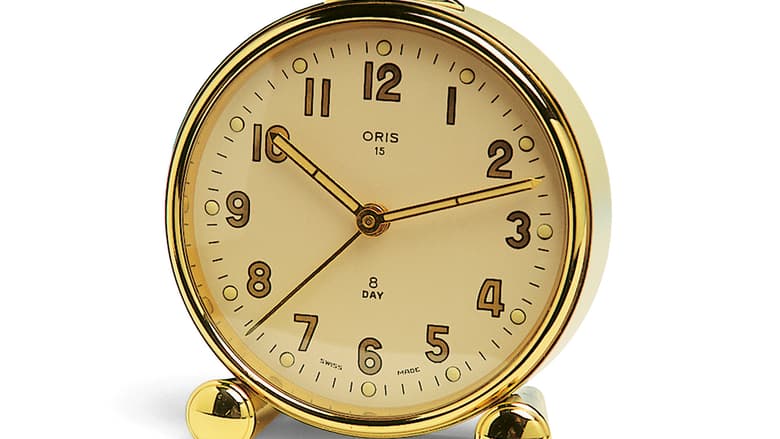
THE 8-DAY CLOCK
1949
During the Second World War, the company’s output is limited to around 200,000 pieces a year. Oris keeps business alive by manufacturing alarm clocks, which leads to the landmark eight-day power reserve model launched at the end of the 1940s.
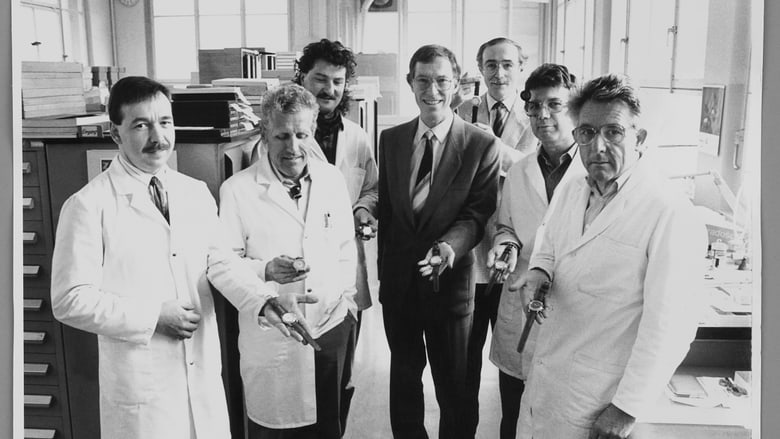
FREE AT LAST
1956
General Manager Oscar Herzog hires lawyer Dr. Rolf Portmann. Rolf campaigns for 10 years to reverse the ‘Watch Statute’ preventing Oris from using lever escapements. In 1966, he succeeds, marking his place in Swiss watch history.
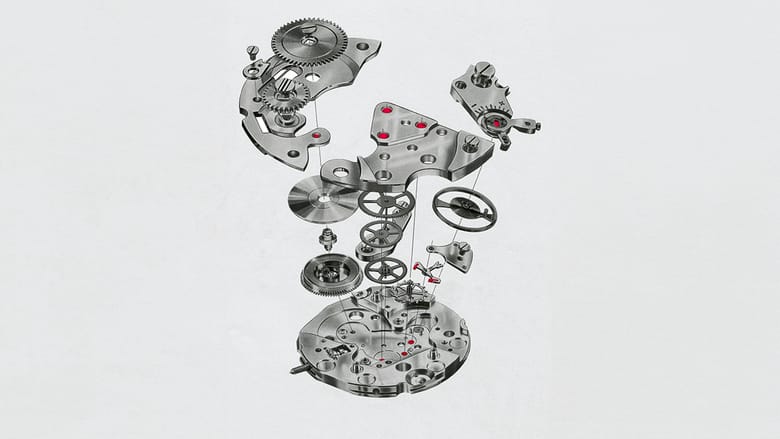
A Breakthrough Moment
1966
Oris’ 1961 Caliber 482 with jeweled anchor led to the breakthrough Automatic Caliber 645 in 1966. This pivotal movement marked Oris’ true entry into high-level watchmaking and highlighted the brand’s growing technical expertise.
THE FIRST ORIS CHRONOMETER
1967
Swiss ‘Watch Statute’ of 1934 restricted Oris’s tech advancements for 30+ years. In 1966, the statute was reversed. By 1968, Oris unveiled Calibre 652, using a superior lever escapement, earning the highest accuracy distinction by the Observatoire Astronomique et Chronométrique.

THE GOLDEN YEARS
1969
By the 1960s’ end, Oris ranks among the world’s top 10 watch companies. It employs 800 people, produces 1.2 million watches and clocks annually, develops its own tools and machinery, and trains 40 engineers and watchmakers yearly through an apprenticeship scheme
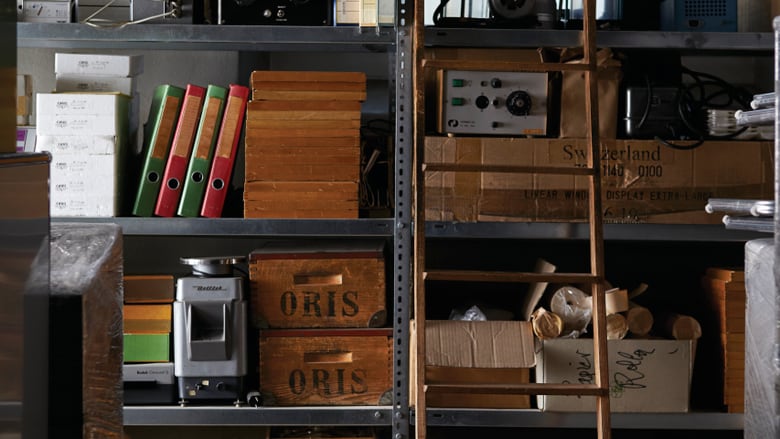
GROUP MENTALITY
1970
In 1970, Oris joins ASUAG, future Swatch Group. Amidst the Quartz Crisis, Oris’s independence and production suffer, staff numbers drop from 900 to a few dozen. A later management buy-out secures Oris’s future, restoring its independence.
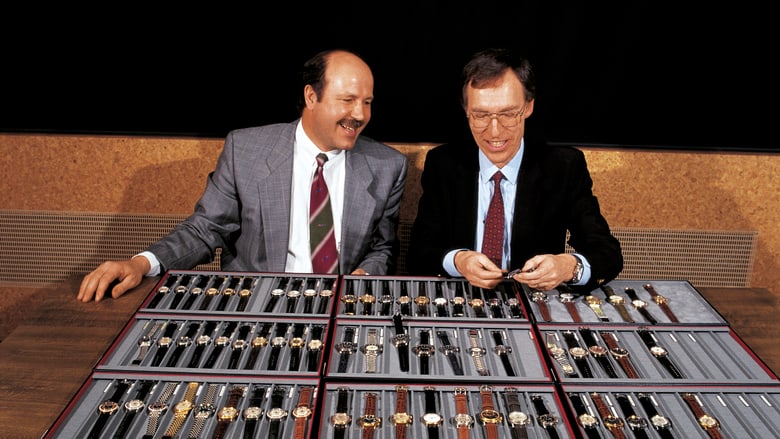
A CHANGE IN FORTUNES
1982
With Oris in decline because of the Quartz Crisis of the 1970s and early 1980s, Dr Rolf Portmann and Ulrich W. Herzog lead a management buyout. Soon after, the newly formed Oris SA bravely elects to abandon quartz and produce solely mechanical timepieces.
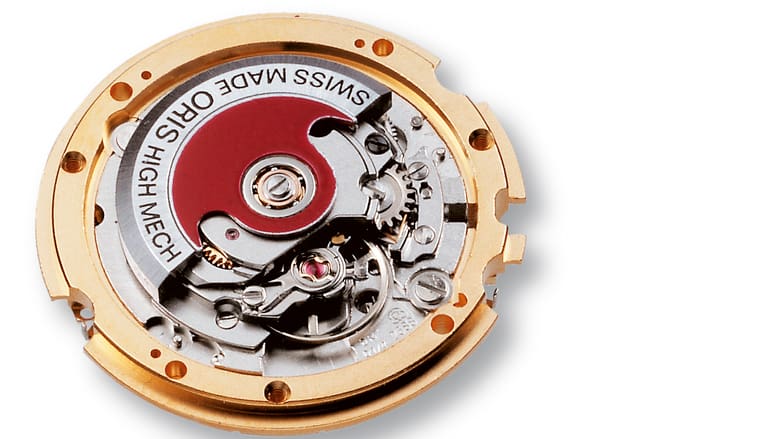
COMPLICATING MATTERS
1991
Oris’s decision to produce only mechanical watches is vindicated in 1991 with the launch of the highly successful Calibre 581. At the time, it becomes the company’s most complicated calibre, with a moon-phase module developed by an in-house team of watchmakers.
A WORLD FIRST
1997
Oris launches its pioneering Worldtimer, a watch housing a patented function that means local time can be adjusted forwards or backwards in one-hour jumps via buttons on either side of the case. If local time is adjusted forwards or backwards over midnight, the date is updated accordingly.
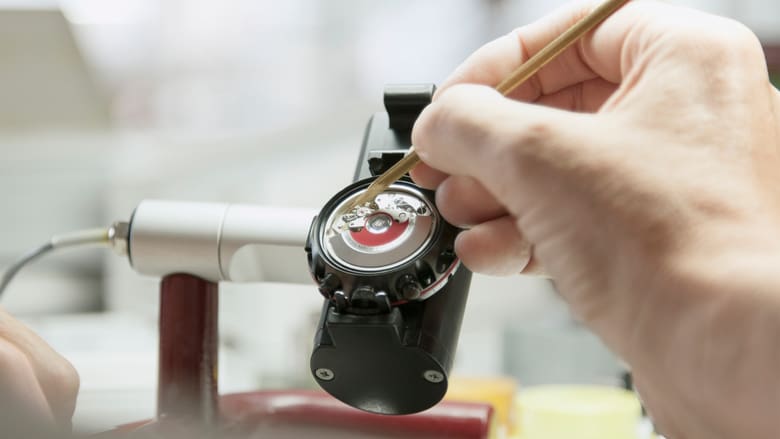
THE RED ROTOR
2002
In 2002, the Red Rotor becomes Oris’s registered trademark. It symbolises Oris’s philosophy: to produce high-quality, Swiss Made mechanical watches with real-world functions at accessible prices.
MOVING UP THE GRID
2003
In 2003, Oris signs a deal with the Williams Formula 1 team and launches its first Williams F1 Team watches, beginning a fruitful partnership that spawns numerous timepieces and innovations. In 2015, the Oris Williams collection is launched, the first range of watches dedicated to the F1 icon.
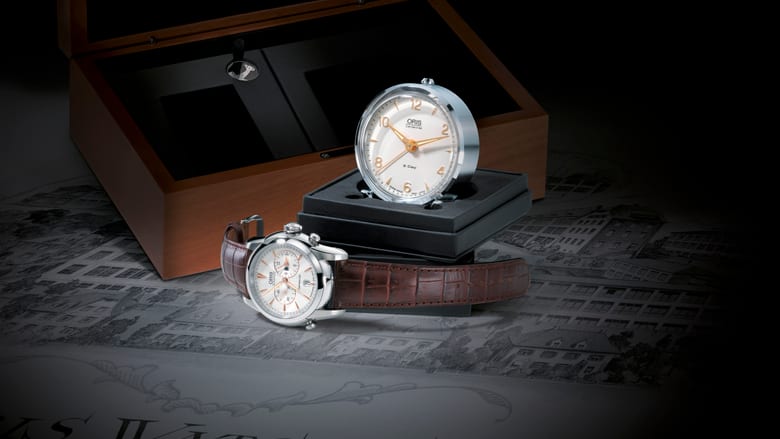
100 YEARS
2004
For its centenary, Oris launches the Oris Centennial Set 1904 Limited Edition. It includes an Artelier Worldtimer in stainless steel and an eight-day clock, one of the company’s most iconic historic designs. It is limited to 1904 timepieces, all individually numbered.
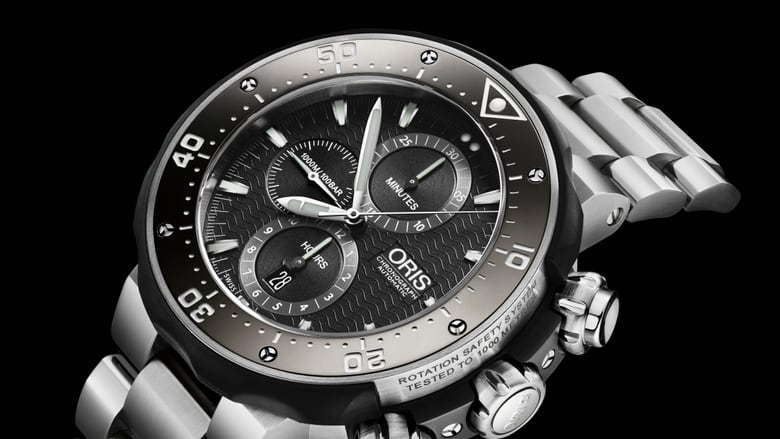
THE ROTATION SAFETY SYSTEM
2009
Oris works with ambassador and commercial diver Roman Frischknecht to develop the ProDiver, a diver’s watch that features the patented Rotation Safety System, a unidirectional rotating bezel that can be locked into place, preventing mistakes under water.
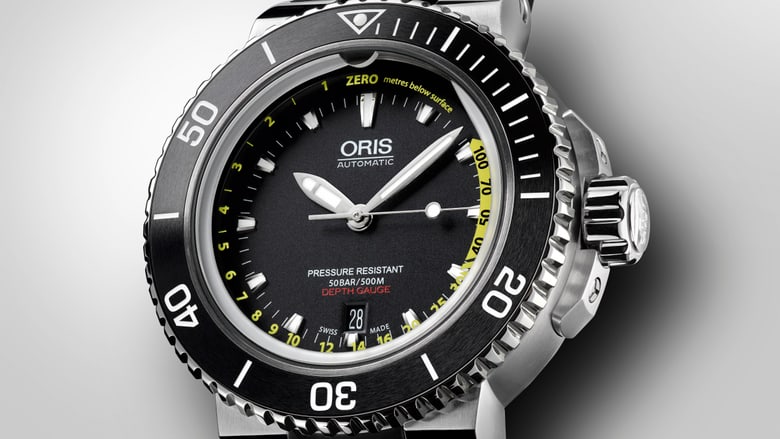
THE WATCH WITH A HOLE
2013
Oris’s patented Aquis Depth Gauge solves the challenge of getting a depth gauge into a mechanical watch. It allows water into a channel via a small hole at 12 o’clock – water enters under pressure, creating a watermark that corresponds to a depth gauge.
REVIVING A MOVEMENT
2014
Oris celebrates 110 years of watchmaking with its first in-house-developed calibre for 35 years. Calibre 110 is a hand-wound movement with a unique pairing of complications – a 10-day power reserve and a non-linear power reserve indicator. The movement is produced using highly efficient industrial manufacturing techniques.
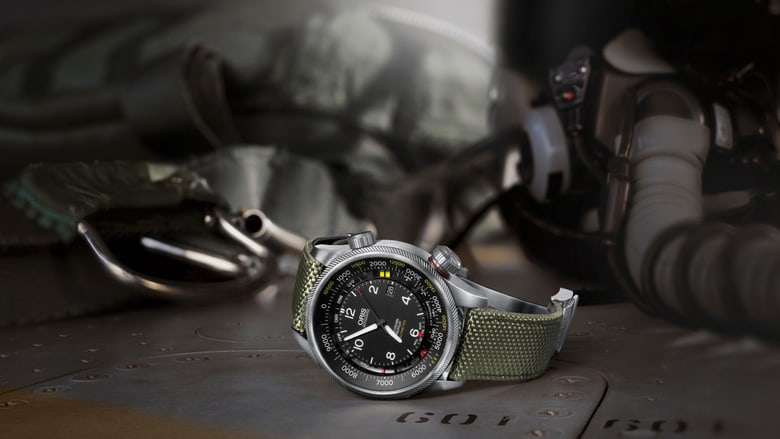
AIR TIME
2014
More than 75 years after Oris made its first pilot’s watch, it announces the launch of the most innovative pilot’s watch in its history – the Oris Big Crown ProPilot Altimeter, the world’s first automatic mechanical watch with a mechanical altimeter.
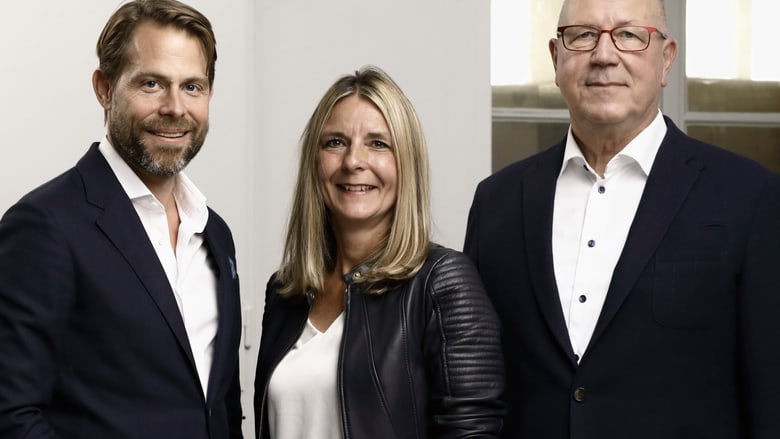
NEW MANAGEMENT
2016
Still independent, Oris places its future in the hands of the next generation of leaders, Joint Executive Officers Rolf Studer and Claudine Gertiser-Herzog

MAISON ORIS
2016
Oris announces ‘Maison Oris’, its first boutique in Switzerland. The new boutique is operated in cooperation with renowned jeweller Seiler, and offers Oris customers an unrivalled experience of the company and its watches.

ORIS NEW IDENTITY
2018
Oris introduces a new brand identity to capture the history and subtle modernity of its watchmaking philosophy. The new logo celebrates Oris’s founding year of 1904 and its location in the Swiss village of Hölstein, nestled in the beautiful Waldenburg Valley.
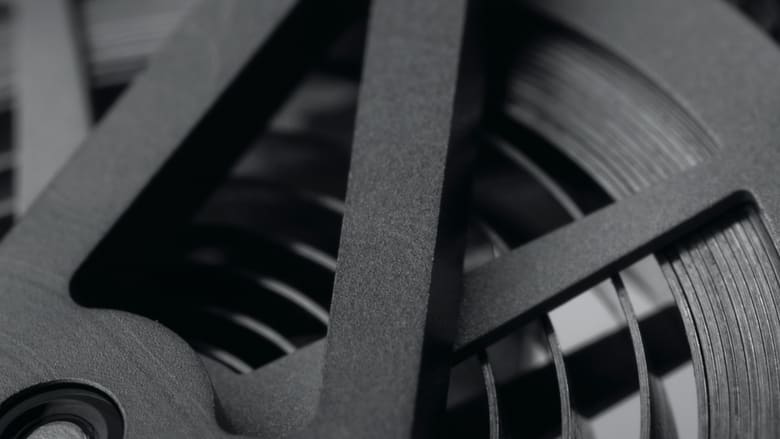
A WATCH FOR ALL TIME
2019
Oris introduces the milestone Big Crown ProPilot X Calibre 115. The watch features a skeletonised movement, a 10-day power reserve and the Oris-patented non-linear power reserve indicator. Its modern form stands as a symbol of Oris’s long-term commitment to mechanical watchmaking.
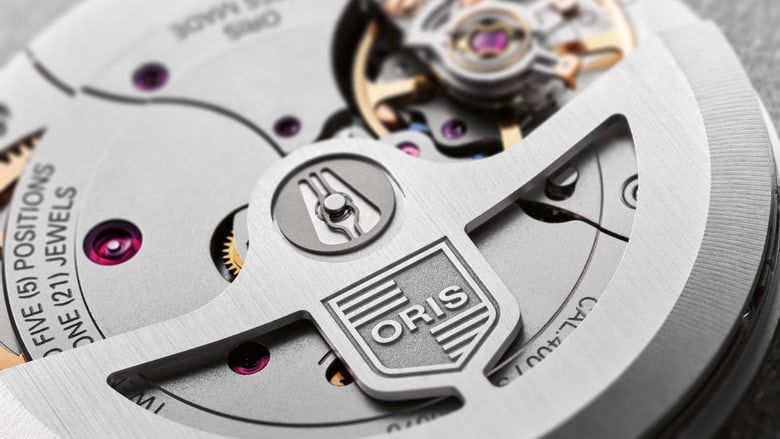
THE NEW STANDARD
2020
Oris confirms its status as the creator and innovator of high-performance in-house calibres by introducing the automatic Calibre 400. Its exceptional levels of anti-magnetism, five-day power reserve and 10-year warranty set the new standard for mechanical Swiss watchmaking.
SUSTAINABILITY REPORT
2022
Our first sustainability report marks a step towards a better future. It outlines our journey to becoming a climate-neutral company, our efforts to reduce our carbon footprint, and our global initiatives for Change for the Better. And it’s only just the beginning.

PROPILOT X KERMIT EDITION
2023
Oris and Disney’s The Muppets Kermit the Frog get together for a bit of fun and to create “Kermit Day” with a very special edition of the ProPilot X Calibre 400.
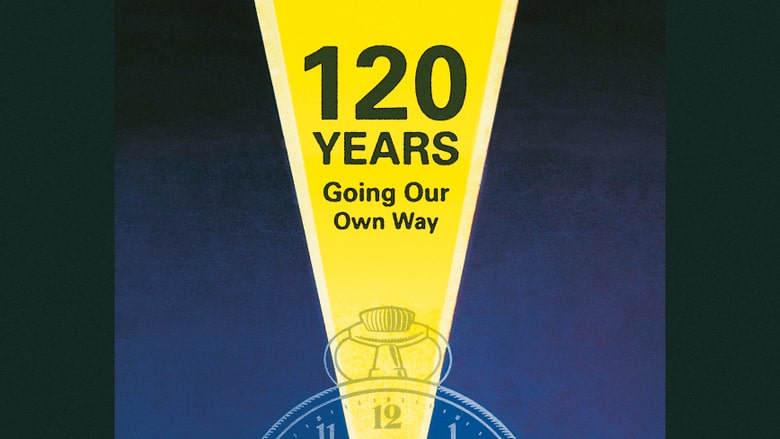
120 YEARS OF ORIS
2024
Oris celebrates its 120th anniversary. The company remains fully independent and fully mechanical, with a clear mission to make watches that bring joy and make people smile, and to run a responsible business that puts people and planet first.
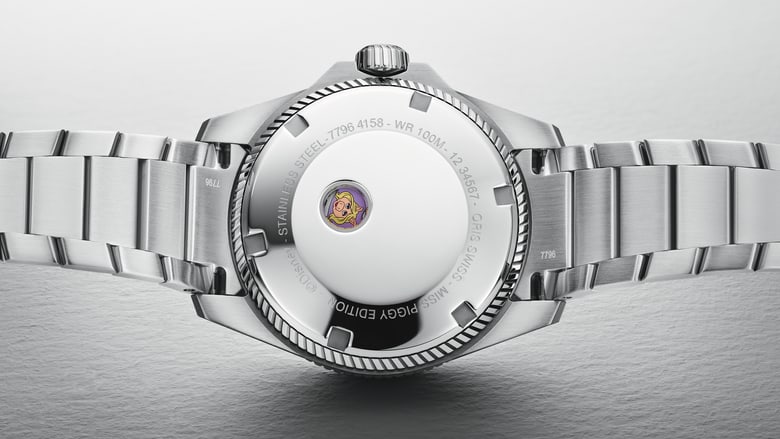
PROPILOT X MISS PIGGY EDITION
2025
Oris and Disney’s The Muppets collaborate again, this time with one of the world’s most glamorous women, Miss Piggy. The watch has a hot pink dial with a single lab-grown baguette-cut diamond, while a spyhole on the case back reveals a coy Miss Piggy.

A joyful look
2025
In a connected world, time is everywhere. So what’s the point of a mechanical watch? It’s simple. They make people smile. A new brand identity inspired by Hölstein, the Oris Bear and the eternal joy of an Oris watch captures the feeling.
